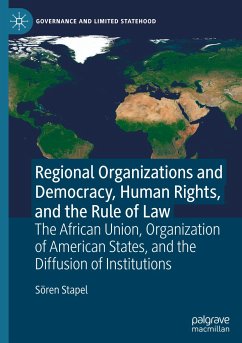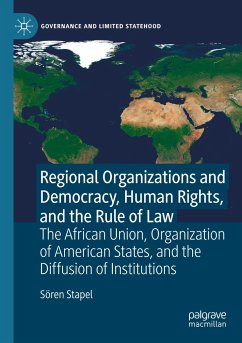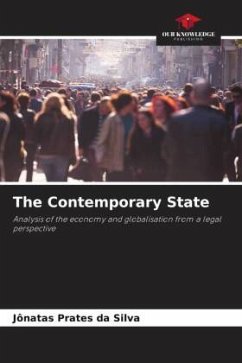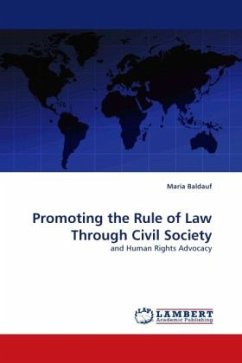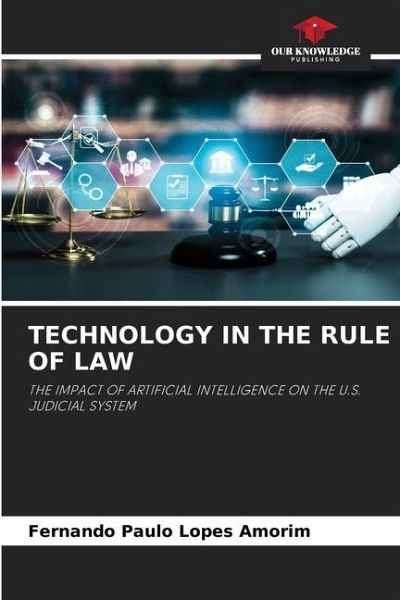
TECHNOLOGY IN THE RULE OF LAW
THE IMPACT OF ARTIFICIAL INTELLIGENCE ON THE U.S. JUDICIAL SYSTEM
Versandkostenfrei!
Versandfertig in 6-10 Tagen
20,99 €
inkl. MwSt.

PAYBACK Punkte
10 °P sammeln!
This work is a printed version of the Monograph that served as the final requirement for the degree of Bachelor of Arts in Political Science and Electoral Studies, offering an in-depth and critical analysis of the interaction between emerging technology, especially Artificial Intelligence (AI), and state structures in an era marked by the Fourth Industrial Revolution. With a specific focus on the US judicial system, this study explores how AI can transform legal processes, highlighting both the opportunities for optimization and the ethical and legal dilemmas that emerge, such as questions of ...
This work is a printed version of the Monograph that served as the final requirement for the degree of Bachelor of Arts in Political Science and Electoral Studies, offering an in-depth and critical analysis of the interaction between emerging technology, especially Artificial Intelligence (AI), and state structures in an era marked by the Fourth Industrial Revolution. With a specific focus on the US judicial system, this study explores how AI can transform legal processes, highlighting both the opportunities for optimization and the ethical and legal dilemmas that emerge, such as questions of impartiality, privacy, algorithmic discrimination and accountability. The research offers an assessment of the impacts of AI on jurisprudence and the rule of law, examining aspects such as procedural efficiency, fairness in access to justice, as well as transparency and accountability in the use of advanced technologies. By investigating the integration of AI into the American judiciary, thework aims to contribute significantly to the academic and public debate on the incorporation of technology into the legal sphere, addressing challenges and potential benefits of this intersection.






